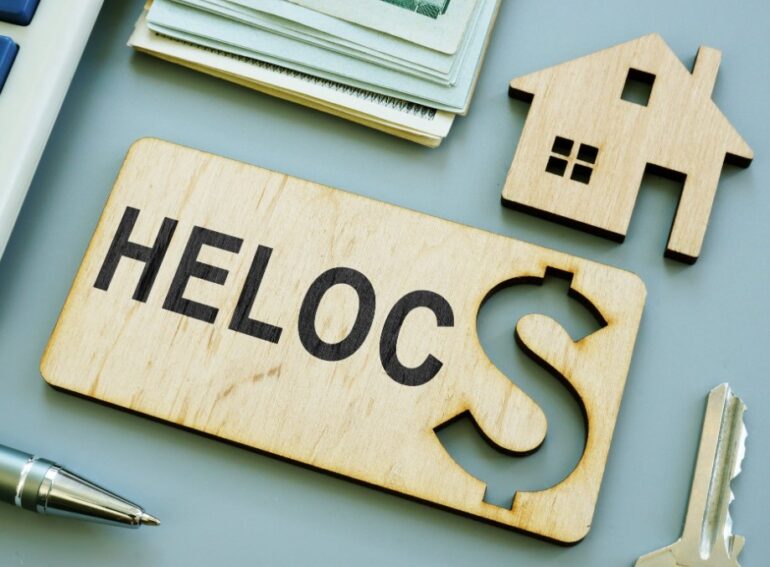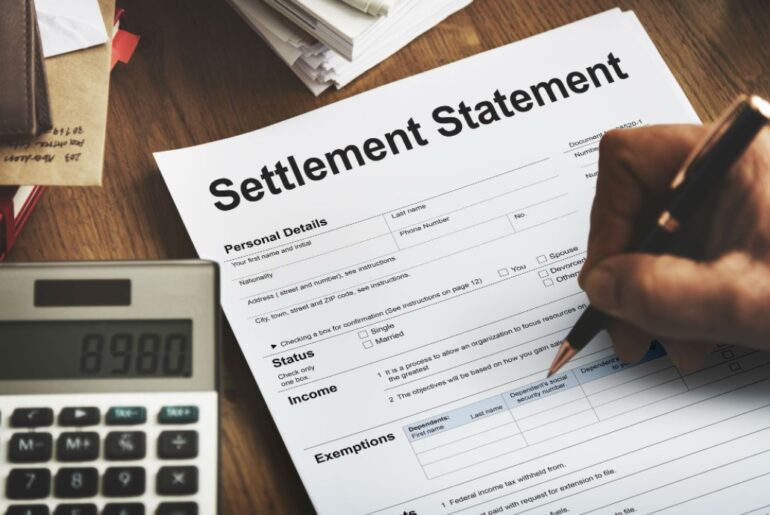Are you deciding whether to consolidate or settle your debts? You are not alone. Most people tend to confuse between debt consolidation and debt settlement. Here is the thing. These two credit card debt relief programs are vastly varying solutions for customers grappling with credit card debt.
The two also have varying pros and cons, especially regarding the period it takes to eliminate debts. There are also significant differences between debt settlement and debt relief concerning their respective impacts on your credit score.
But don’t worry if you wonder if to consolidate or settle your debts. Why? Because when applied appropriately, either consolidating or settling your debt can assist you in saving money and getting out of debt sooner. This insightful piece highlights the two options and recommends the ideal one for you. So keep reading.
So, what is debt consolidation?

Debt consolidation merges several debts into one payment. In simpler terms, debt consolidation works by combining multiple debts from several creditors and taking out a single cumulative loan to pay all of them. Debt consolidation works with hopes of repayment at lower monthly payments and reduced rates. In most cases, this is usually common with consumers attempting to keep up with multiple credit cards bills and other unsecured debts.
To better understand the concept of debt consolidation, it would help to first look at the four primary standard methods to approach it, as outlined below;
The 0% balance transfer
This approach involves transferring your credit cards’ balances to another with 0% interest. However, it is essential to note that only consumers with credit scores above 680 can access this option. The approach can involve a 2% to 3% transfer fee of the balance you are transferring. Additionally, the 0% interest rate typically lasts around 12 months to 18 months, meaning you must show discipline in paying down the debt.
Debt management
Debt management involves a nonprofit credit-counseling agency that works with your respective credit card companies. The aim here is to minimize the charged interest rate and arrive at a reasonably priced monthly payment. Here, the amount should eliminate the debt in approximately 3years to 5 years.
HELOCs

Home equity loans and HELOCs also feature relatively low-interest rates. However, your property (Home) serves as the loan’s collateral, and you could risk losing it if you don’t make proper payments. HELOCs could also involve closing costs and application fees.
Personal loans
You can also opt to go the personal loans way through credit unions, online lending firms, and banks that provide personal loans at fixed rates that are relatively lower than those from credit cards. Personal loans integrate origination fees and may require collateral like your car or home as the loan’s security.
Pros of debt consolidation
Your life can be less expensive and generally easier through debt consolidation due to the following apparent benefits.
- It simplifies the procedure of your bills payment where you commit to making a single payment to one lender with a single monthly deadline.
- You can pay subsidized interest rates. Unlike most card companies that usually raise your account’s interest to around 25-30% when you fall behind the credit card payments, debt consolidation loans range from 8-15% in most scenarios.
- If you avoid using cards the way you once did, you should enhance your credit score by paying off your entire credit card.
Cons of debt consolidation
On the other side, the apparent debt consolidation downsides include;
- There is no forgiving or reducing of debts as you owe a similar money amount.
- To acquire a reasonably practical debt consolidation, you must have a good credit score. A poor consolidation score mostly means it may be challenging to access a debt consolidation loan.
- Sometimes time can be a problem as you might spend from 2 to 5 years in debt consolidation credit card debt relief programs before getting rid of the entire debt.
Now let’s look at debt settlement

What is a debt settlement? Unlike debt consolidation, debt settlement involves negotiating with creditors to settle a debt for less than it was previously owned. This strategy is applicable in paying a substantial debt with one creditor in most cases. However, it can also be of use when dealing with multiple creditors.
It is essential to understand that it is usually not the obligation of creditors to accept or negotiate a debt settlement offer. However, it might reach a point where the creditor thinks your offer is the only best opportunity to receive payment of some of the debt. In that case, coming to a debt settlement agreement is highly possible. But remember that handling a bankruptcy proceeding has disadvantages, and sometimes debt collection can be expensive.
How debt settlement works
A good example is where someone owed their creditor $10,000 and decided to provide them a $5,000 lump-sum payment. Here, you can negotiate with the creditor by yourself or hire a professional at www.freedomdebtrelief.com to represent you while making such an offer. Assuming the creditor accepts this offer, the individual can make the payment immediately to settle the matter seemingly.
Here, we have used the term “seemingly” because in most cases, people owe more than one creditor forcing them to go through a similar process with each creditor. So, assuming you are delinquent on multiple bills or credit cards like cell phone, medical, cable, and more. In that case, you must negotiate a settlement with each creditor to get out of debt.
Meanwhile, the chances are high you will be racking up costly interest charges and late fees on your entire debts. And this is among the primary cons of debt settlement that makes it a dicey alternative.
The pros of debt settlement

The main advantage of debt settlement may sound too good to be true. But the truth is that upon reaching a debt settlement agreement with the creditor, your settled debt is gone for a lesser amount than you previously owed.
The cons of debt settlement
Debt settlement is also among the riskiest credit card debt relief programs. Usually, it is so fraught with negatives and misunderstandings. And in most cases, financial experts would only recommend debt settlement as a last resort.
The primary disadvantages include:
- A debt settlement case’s typical time frame usually lasts between 2 years to 3 years. Therefore, it means you will incur additional 24 months to 36 months of penalties and late fees.
- In most cases, additional late fees may apply where interest and other penalties might that follow might feature in the amount that you already owe.
- You may experience an impact on your credit score because failing to pay the total amount translates to a negative.
- Debt settlement can also impact your credit report because you didn’t pay the full amount, thus remaining on your credit report history for approximately seven years. This way, it becomes difficult to receive credit from other lenders.
- In some scenarios, lenders refuse the offer because they are not obligated to negotiate or accept debt settlement offers. Some lenders go to the extent of refusing to work with debt settlement firms.
- Some tax consequences might apply from a debt settlement.
- To negotiate on your behalf, debt settlement firms usually charge a fee, a certain percentage of the money owed. Generally, these prices range from 20% to 25% of the ultimate settlement.

So, which option is the best?
When deciding whether to consolidate or settle your debts, it is essential to consider some factors. For example, your debt can be manageable. In that case, debt consolidation can effectively simplify and reduce your monthly payments. This way, you can pay your cumulative debt sooner.
Debt settlement is a risky option that is usually a half-step from bankruptcy. By the time you opt for a debt settlement, your debt has accumulated to the point of being unmanageable, and collections agents keep calling you. At this point, your credit score has also suffered a big blow, and you think you don’t have much more to lose.
But the fact that you are considering either of the credit card debt relief programs means you are attempting to manage an issue instead of hoping it disappears. The recommendation is to closely examine your circumstances to help you decide in a way that positions you on a path to a financially sound tomorrow.

